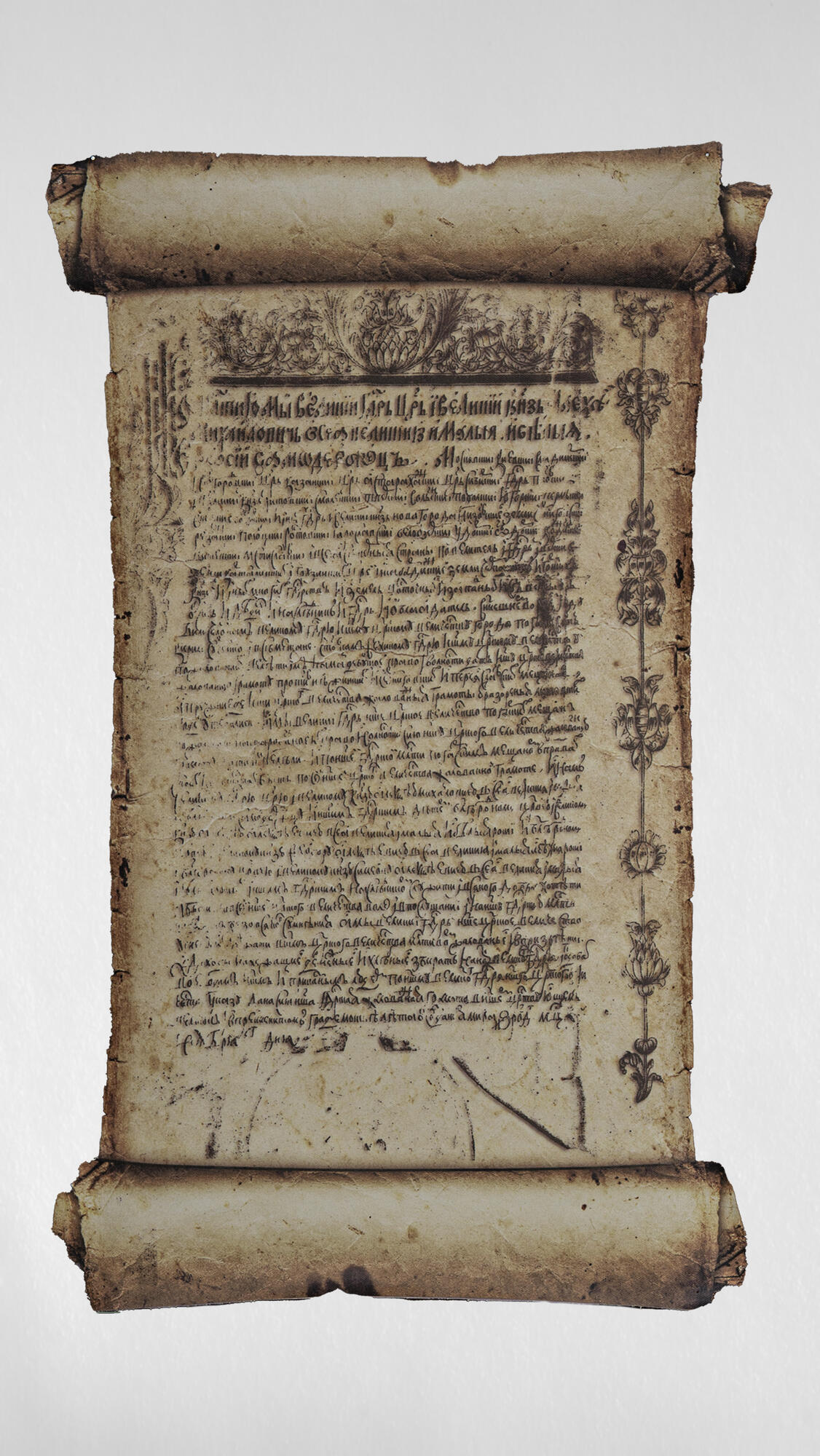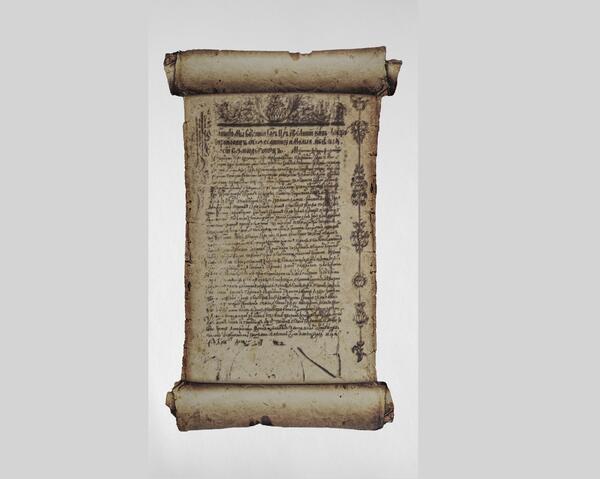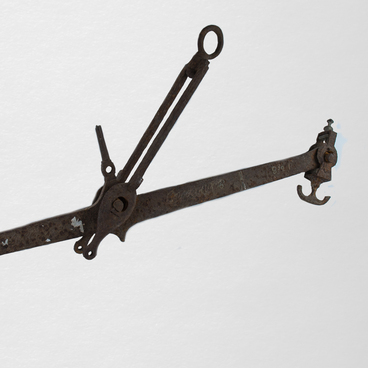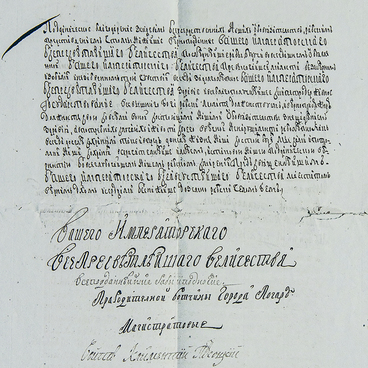The Peace Treaty concluded between the Tsardom of Russia and the Polish-Lithuanian Commonwealth, known as the Truce of Deulino, was signed on January 3, 1619, in the village of Deulino, in the vicinity of the Trinity Lavra of St. Sergius. This treaty put an end to the Russo-Polish War of 1609-1618 and the Time of Troubles in Russia.
Under the Truce of Deulino, the Starodubye towns, including Pogar, were annexed by the Polish-Lithuanian Commonwealth and became part of the Chernigov-Seversky Voivodeship. They were brought under control of the king’s son, Władysław Vasa.
The Polish king constituted the “eternal rule” of the Magdeburg Law on the territory of Pogar. The Magdeburg Law was a special municipal government system. According to this system, the cities were granted economic, legal, and social independence from feudal lords. The system was developed in the 13th century and named after the German town of Magdeburg. The codes of German law Sachsenspiegel, also known as “Saxon Mirror”, and Magdeburg town charters were the basis for the Magdeburg Law, which established rules of trade, elected members of the city government, and determined how the merchants and craftsmen’s union should operate. The independence from feudal lords enabled faster development of cities, and in the mid-17th century, the cities of the Magdeburg Law became large commercial and industrial centers.
In 1654, after the declaration of the full independence of the Ukrainian People’s Republic from the Second Polish Republic, the population of Starodubye cities and other cities in the Dnieper left bank area swore allegiance to Russia. To secure the residents’ support, Tsar Alexei Mikhailovich instated them in their rights and privileges. The Charters of Tsar on this matter were received by 11 cities of left-bank Ukraine. In 1666, the Charter of the Magdeburg Law was granted to the town of Pogar.
In those years, official papers and letters were called “gramota” (charter). The term “gramota” was borrowed from Byzantium and meant messages, decrees, and other written documents. In Russia, charters were usually written on boards, birch bark (so-called birchbark manuscripts), parchment, and beginning from the 14th century — on paper. The indication of Knyaz Igor’s letter to Russian merchants in “The Tale of Bygone Years” is considered the first mention of charters. There were many charters were issued in the Russian state in the 14th — 16th centuries, most of which were various legal acts.
Under the Truce of Deulino, the Starodubye towns, including Pogar, were annexed by the Polish-Lithuanian Commonwealth and became part of the Chernigov-Seversky Voivodeship. They were brought under control of the king’s son, Władysław Vasa.
The Polish king constituted the “eternal rule” of the Magdeburg Law on the territory of Pogar. The Magdeburg Law was a special municipal government system. According to this system, the cities were granted economic, legal, and social independence from feudal lords. The system was developed in the 13th century and named after the German town of Magdeburg. The codes of German law Sachsenspiegel, also known as “Saxon Mirror”, and Magdeburg town charters were the basis for the Magdeburg Law, which established rules of trade, elected members of the city government, and determined how the merchants and craftsmen’s union should operate. The independence from feudal lords enabled faster development of cities, and in the mid-17th century, the cities of the Magdeburg Law became large commercial and industrial centers.
In 1654, after the declaration of the full independence of the Ukrainian People’s Republic from the Second Polish Republic, the population of Starodubye cities and other cities in the Dnieper left bank area swore allegiance to Russia. To secure the residents’ support, Tsar Alexei Mikhailovich instated them in their rights and privileges. The Charters of Tsar on this matter were received by 11 cities of left-bank Ukraine. In 1666, the Charter of the Magdeburg Law was granted to the town of Pogar.
In those years, official papers and letters were called “gramota” (charter). The term “gramota” was borrowed from Byzantium and meant messages, decrees, and other written documents. In Russia, charters were usually written on boards, birch bark (so-called birchbark manuscripts), parchment, and beginning from the 14th century — on paper. The indication of Knyaz Igor’s letter to Russian merchants in “The Tale of Bygone Years” is considered the first mention of charters. There were many charters were issued in the Russian state in the 14th — 16th centuries, most of which were various legal acts.



